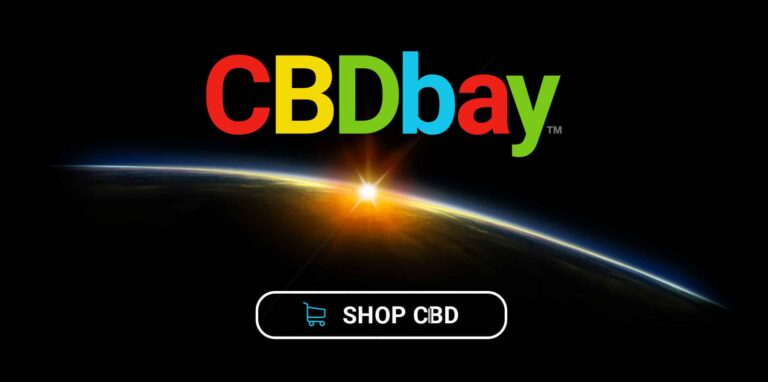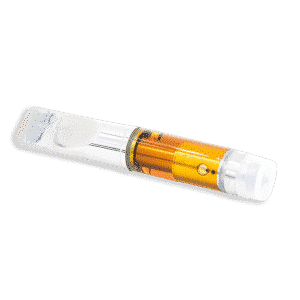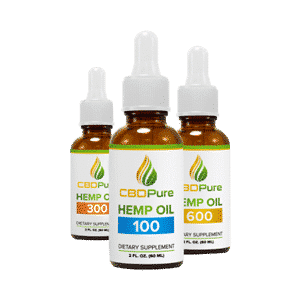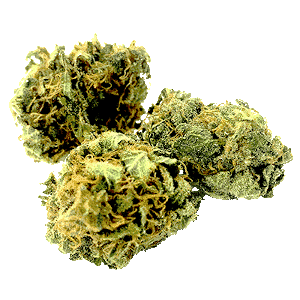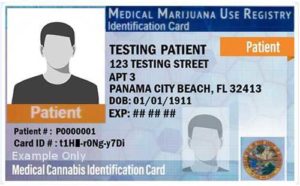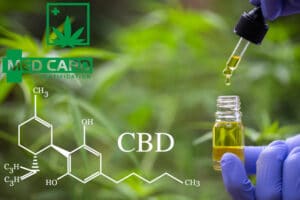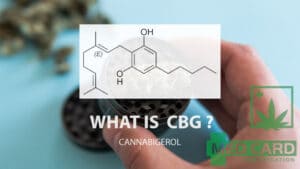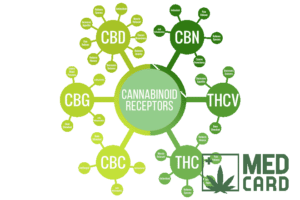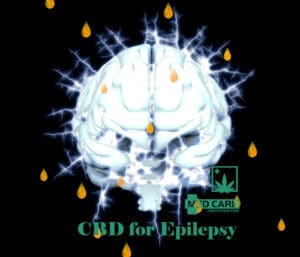CBD In Vermont
2022 Complete Buyers Guide
VT CBD 2022 Update
Did you know that Vermont was the first US state to legalize cannabis (and by proxy, hemp CBD) via an act of the legislature rather than through a public referendum? Up until that time, the purchase of hemp CBD oil in Vermont was technically only legal for approved medical marijuana patients. Now, in 2022, it’s all legal.
Hemp and CBD Laws vs. Marijuana Laws in Vermont
Before we continue, let’s define what we’re talking about.
Both marijuana and hemp are families of cultivars of cannabis. However, each falls under a different set of laws in Vermont.
Marijuana is generally high in a compound widely known as THC. This is the compound in marijuana that causes a high. In order to legally qualify as hemp, a cultivar must produce less than 0.3 percent THC.
Hemp is grown for two purposes. Industrial hemp is grown to produce nutritious, high-protein seeds as well as fibers for textiles and industrial use. And phytocannabinoid-rich hemp, or PCR hemp, is grown specifically to extract CBD — a compound very similar to THC in that it provides numerous medicinal benefits. However, CBD does not cause intoxication.
While Vermont farmers and individuals can get a license to grow hemp (more on that below), as of the time of writing, there is still no provision for the legal commercial cultivation and sale of marijuana and products derived therefrom in Vermont.
Now, before we get into the details related to 2022 Vermont hemp, let’s look at the history of those laws to get a better idea of how they came to be what they are today.
A brief history of Vermont hemp and CBD laws
Vermont was one of the first US states to ban the cultivation of cannabis more than one hundred years ago in 1915. Cannabis, including hemp and marijuana, remained illegal in the state up until Vermont’s medical cannabis program went into effect in 2004. Vermont medical marijuana laws were further expanded in June 2007.
Then in 2013 Vermont lawmakers decriminalized the possession of 1 ounce or less of cannabis making it a civil infraction rather than a crime. Efforts to legalize cannabis began the following year.
Interestingly, In April 2015, to demonstrate the absurdity of cannabis prohibition two Vermont state representatives introduced a bill to make alcohol illegal, setting the penalty for possession similar to the penalties associated with marijuana possession. However, efforts to legalize cannabis had limited success until 2018.
In May 2017, the Vermont House approved a bill to allow personal possession, use, and cultivation of cannabis. Then in April, the Vermont Senate approved a broader bill allowing cannabis commercial sale. The measure was approved making it the first time in US history that marijuana was made legal by an act of the legislature. The bill essentially removed the citation but retained the one-ounce limit. However, on May 24, Governor Phil Scott vetoed the bill.
In January 2018, lawmakers passed an amended version of the 2017 bill that not only legalized the possession of one ounce of cannabis but also permitted individuals to cultivate two plants. The revised bill was signed by the governor 12 days later and took effect on July 1, 2018.
Missing from the bill were provisions for the creation of a commercial market for cannabis. However, work is being done to develop a plan to regulate and tax the sale of marijuana.
Hemp cultivation was legalized as a pilot program in 2017. The program conformed to the 2014 federal farm bill which specified that hemp should only be grown for research purposes. However, a new farm bill signed in 2018 legalized the commercial production of hemp nationwide. New laws are being drafted to conform to the 2018 measures and are expected to be approved sometime in 2021.
Now that we understand the difference between hemp and marijuana and how the laws that apply to each crop have evolved, let’s get into the details of some of the more frequently asked questions related to Vermont hemp and CBD laws.
Vermont CBD FAQ | 2022
Is hemp CBD oil legal in Vermont?
There are currently no laws on the books that prohibit the purchase and possession of hemp CBD oil in Vermont. So, yes, hemp CBD oil and other CBD-infused products are legal in Vermont.
Producing and selling hemp CBD is another story. We’ll get into those topics below.
What medical conditions are being treated with hemp CBD in Vermont?
Because no prescription is required to purchase hemp CBD oil in Vermont the product can be used to treat a wide array of medical conditions — not just epilepsy.
The most common reasons that Vermontites cite for using CBD oil are to help them sleep, to relieve pain, to improve mood, and to reduce anxiety. However, CBD has been shown to be effective at treating quite a few other medical conditions.
Some of the medical conditions being treated with hemp CBD oil and other CBD-infused products include:
- Alcoholism
- ALS (Amyotrophic Lateral Sclerosis)
- Alzheimer’s Disease
- Anorexia
- Antibiotic
- Anxiety
- Arthritis
- Asthma
- Atherosclerosis
- Autism Spectrum Disorder (ASD)
- Autoimmune Diseases
- Bipolar
- Cancer
- Colitis & Crohn’s Disease
- Depression
- Diabetes
- Endocrine Disorders
- Epilepsy & Seizures
- Fibromyalgia
- Hair Loss
- Heart Disease
- HIV & AIDS
- Huntington’s Disease (HD)
- Inflammation
- Insomnia
- Pain
- Parkinson’s Disease
- PTSD
- Rheumatism
- Schizophrenia
- Shingles
- Sickle Cell Anemia
- Skin Conditions
- Sleep Disorders
- Stress
- Stroke
- Tourette’s Syndrome
- TBI
What Can I Buy CBD online?
You’re likely to find a much wider selection of hemp CBD products online than you will in a local shop. However, be sure to do your homework to find a brand you can trust. There are a lot of companies out there just trying to cash in on the Green Rush and producing inferior products.
What CBD products are Available in VT
Currently, unlike some other states where particular products such as smokable hemp flower and CBD-infused edibles are prohibited, at the time of writing, there are no such restrictions in the state of Vermont.
Some of the hemp CBD products currently available in Vermont as well as online include:
Where can I buy hemp CBD in Vermont?
The rule of thumb for purchasing hemp CBD oil in Vermont is this: If someone is selling it, you can purchase it. Regardless of whether or not the seller is legally permitted to sell hemp CBD oil in Vermont, it’s not illegal for you to purchase it.
Hemp CBD specialty stores have been popping up all over Vermont, especially in the larger cities such as Burlington, Rutland, and Barre. Hemp CBD can also commonly be found at health spas and health food stores. Many convenience shops are also now offering CBD products. Some pet shops now offer CBD for pets.
Many national drug store and Grocery chains are also starting to offer hemp CBD oil in Vermont, however, they are unlikely to offer CBD edibles and beverages as their production and sale are currently prohibited by the FDA.
Cannabis oils made from both marijuana and hemp can also be purchased by Vermont medical marijuana patients at a state-licensed dispensary. Purchasing CBD oil at a dispensary assures that the products are compliant with safety standards.
Can I grow hemp in Vermont?
Anyone in Vermont can legally grow hemp as long as they have a license from the Vermont Agency of Agriculture, Food and Markets. There are no residency requirements, minimum acreages, or limitations on the numbers of registrants. However, unfortunately, the state is not currently accepting Vermont Hemp Program Registrations for the calendar year 2021 unless you were licensed in 2019.
Although the state is currently operating under its original hemp pilot program based on the 2014 farm bill, efforts are being made to update the state’s hemp laws to conform to the 2018 farm bill.
Check out the links at the end of the article for more information on growing hemp in Vermont.
Learn more about hemp CBD’s medicinal benefits
Learn more about Vermont hemp and CBD laws
- Vermont Agency Of Administration Department of Taxes – Hemp And Cannabidiol (CBD) Products
- Vermont Agency of Agriculture, Food and Markets – Hemp Program
- Vermont Agency of Agriculture, Food and Markets – Hemp Program Registration
- Vermont Hemp Program Proposed Rules
- Vermont’s Hemp Production Program Powerpoint Presentation
- Vermont Agency of Agriculture, Food and Markets – Agency Of Agriculture Submits Comments On Hemp Interim Final Rule
- Vermont Department Of Public Safety – Marijuana Registry
- Vote Hemp – Vermont Hemp Laws
- Vote Hemp – Hemp Regulations In Vermont To Go Into Effect July 1
- Rural Vermont – Vermont’s Hemp Pilot Program
- VT Digger – Vermont hemp growers in a ‘panic’ over proposed federal regulations
- Heady Vermont – Federal compliance and new rules in progress for hemp
- VIDEO: Growing in Vermont: Industrial Hemp on ‘Across the Fence’
- VIDEO: Growing Hemp In Vermont – The Basics
- VIDEO: Growing Hemp In Vermont – Regulations
- VIDEO: The State of Hemp in Vermont: A NOFA Vermont Update
- VIDEO: Vermont Hemp Harvest Has Growers Ready to Write Next Chapter
- VIDEO: VT Diggers – Vermont’s record hemp harvest sees winners and losers
- VIDEO: Heady Vermont – Vermont CBD Hemp Fields From Above
All questions concerning the AAFM’s Hemp Program should be directed to AGR.hemp@Vermont.gov


